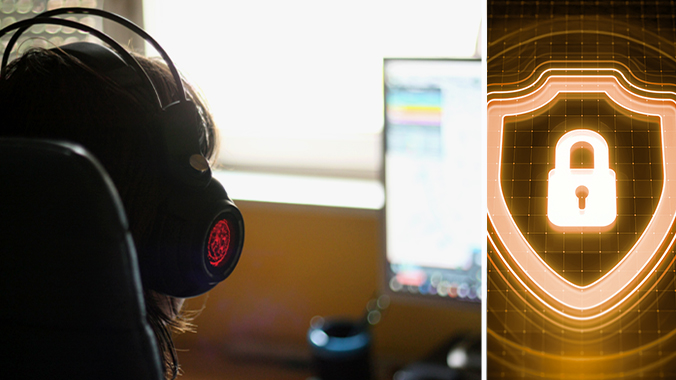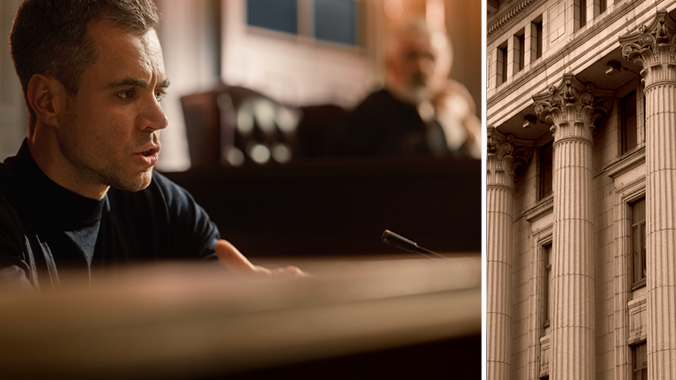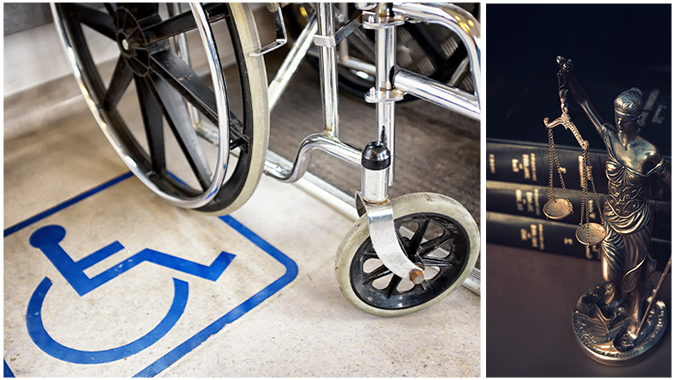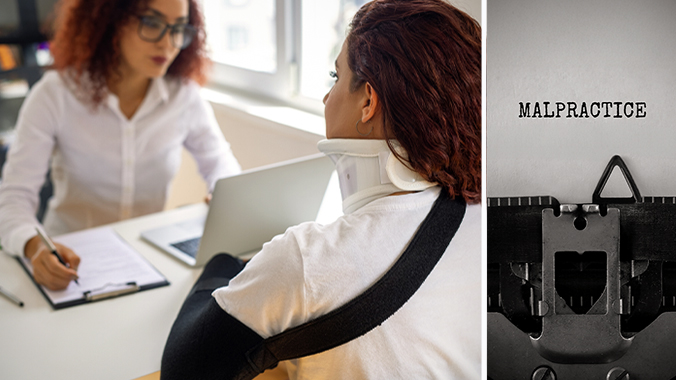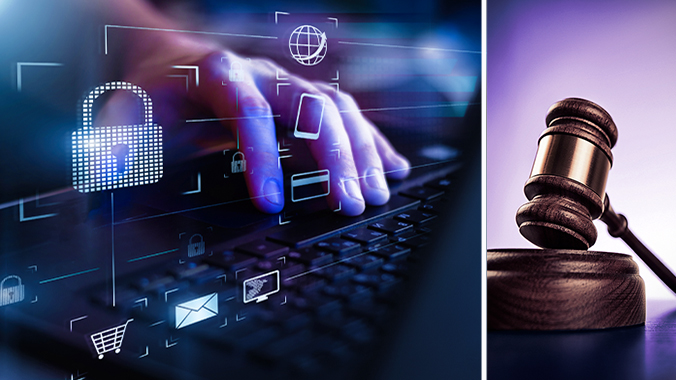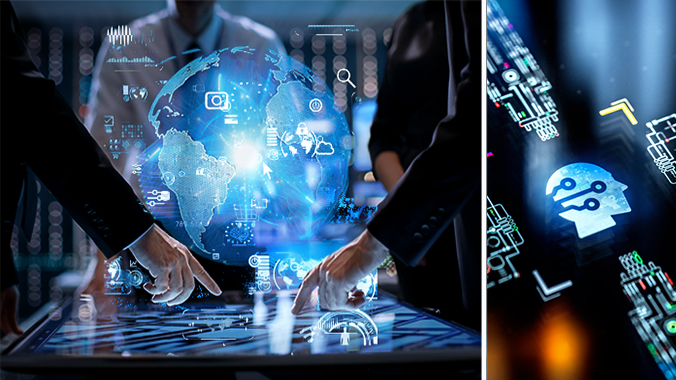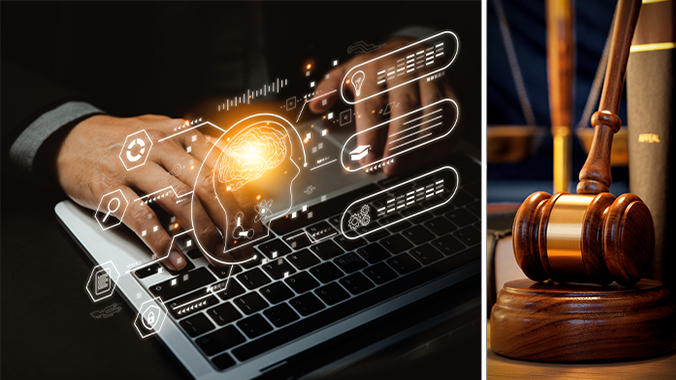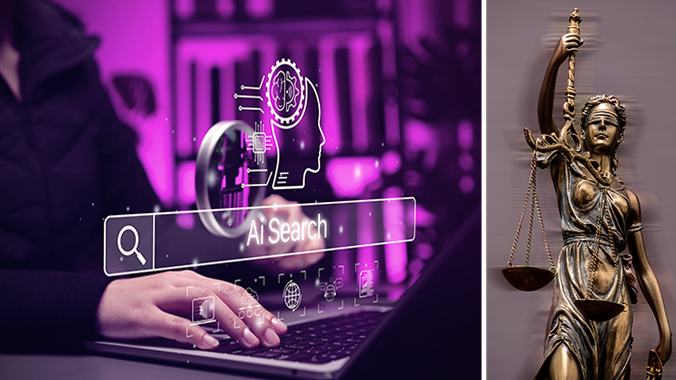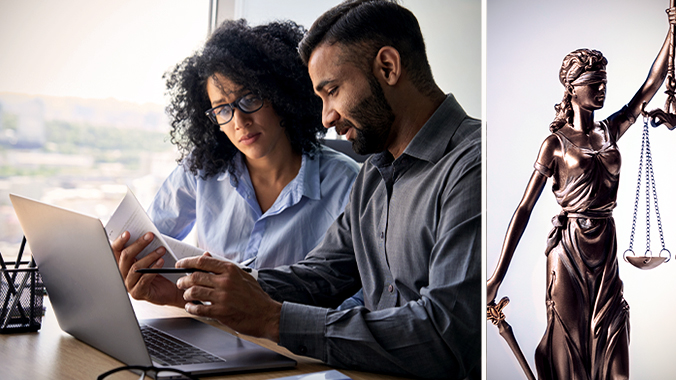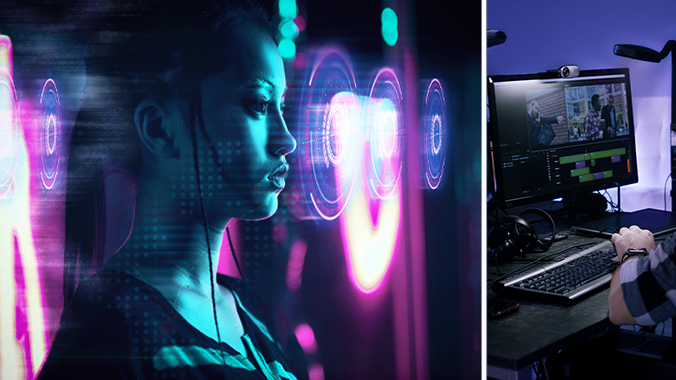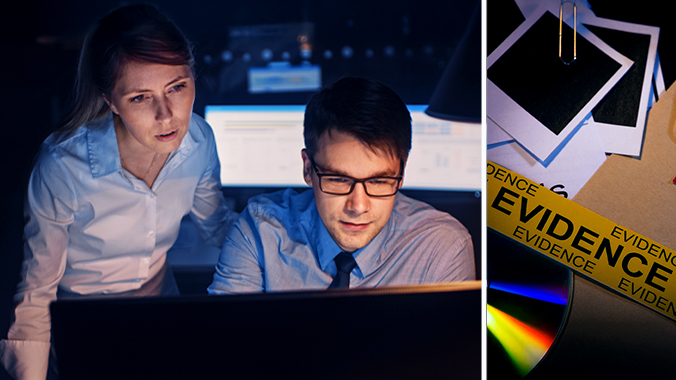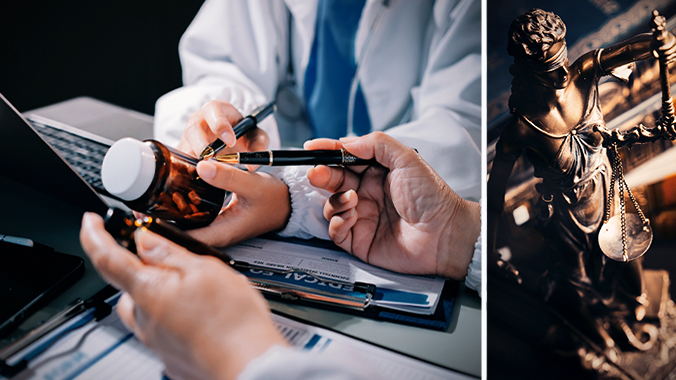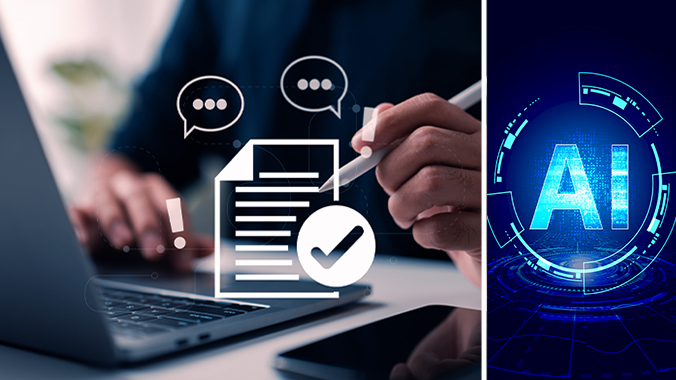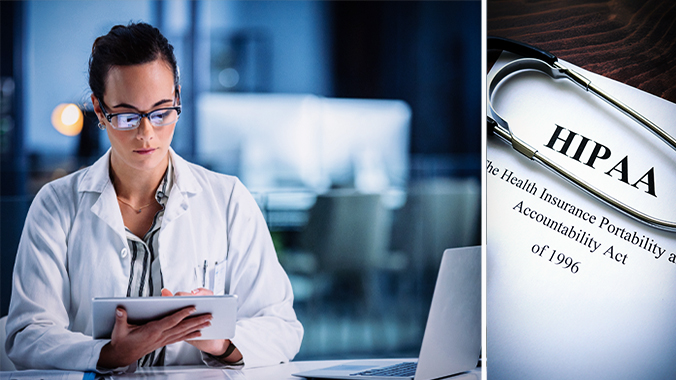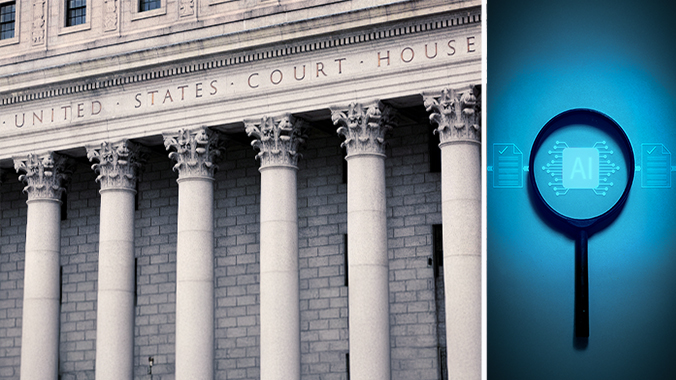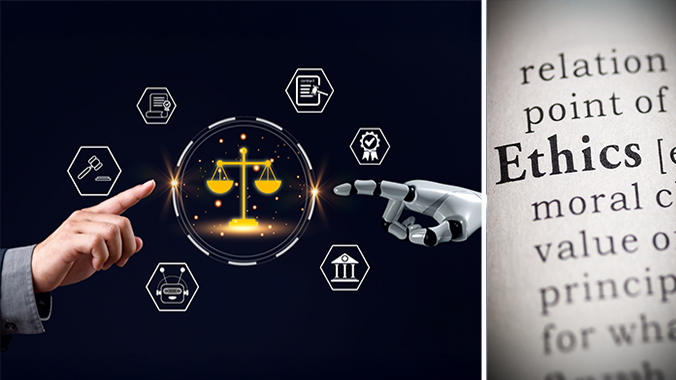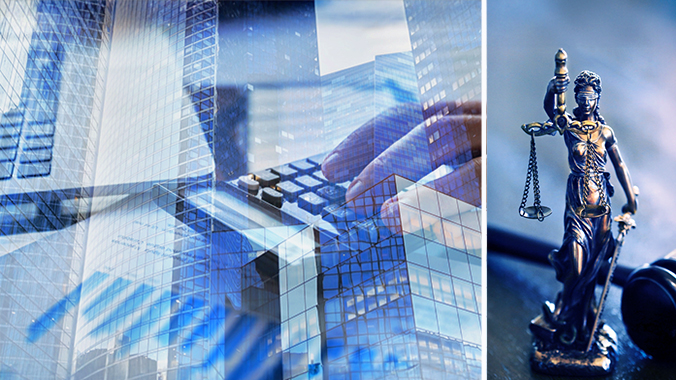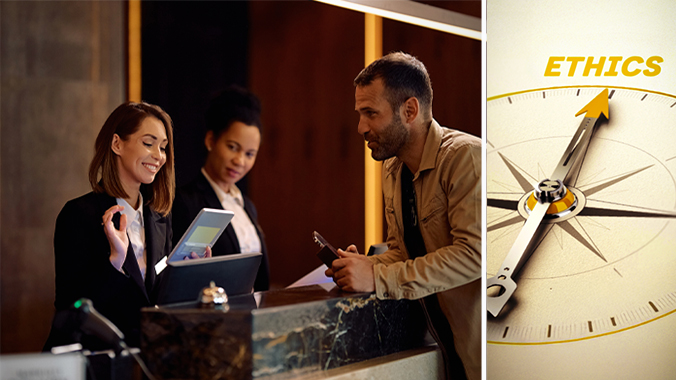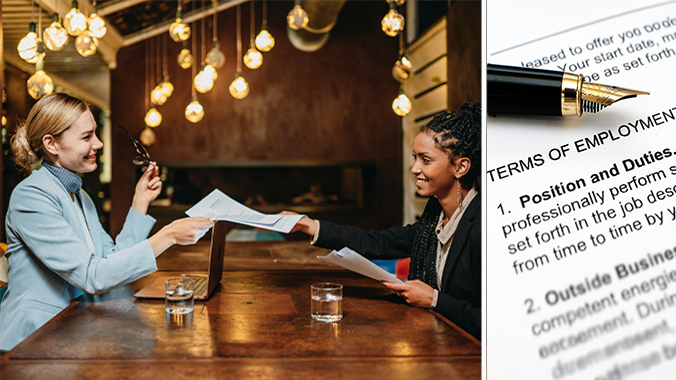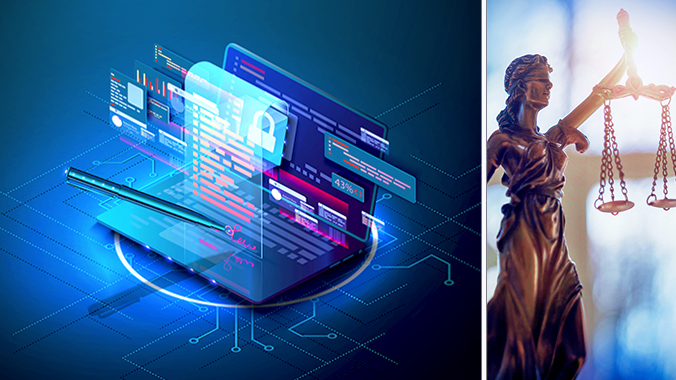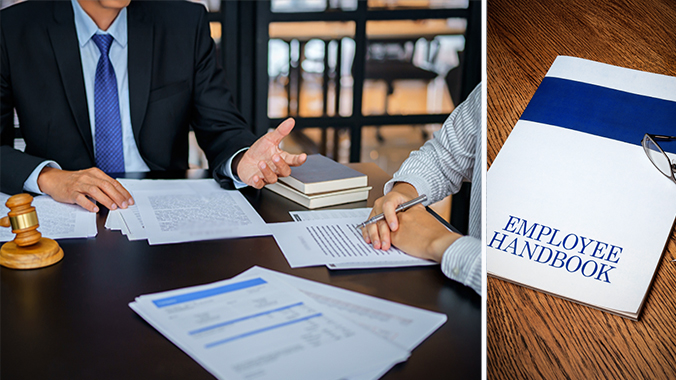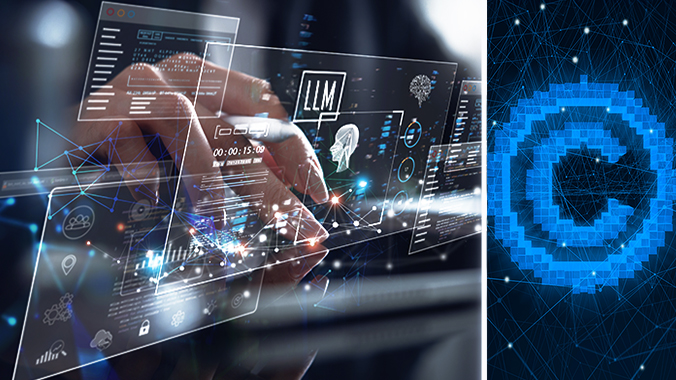Mastering Remote Depositions and Hearings: Practical insights, technical requirements, handling exhibits, and avoiding common pitfalls (2024 Edition)

Brian R. Iverson counsels clients on high-stakes litigation in federal and state courts across the nation.

Veronica J. Finkelstein is a 2004 graduate, with honors, of the Emory University School of Law and 2001 graduate, with dual distinction and dual honors, of the Pennsylvania State University.
2 hour CLE
Tuition: $195.00
Get this course, plus over 1,000+ of live webinars.
Learn More
Training 5 or more people?
Sign-up for a law firm subscription plan and each attorney in the firm receives free access to all CLE Programs
Program Summary
In today's legal landscape, mastering remote depositions and hearings is crucial for effective advocacy. This presentation offers a comprehensive overview and practical insights into remote depositions and hearings, highlighting their benefits and necessary adaptations from traditional in-person practices. It covers essential considerations such as setting up, scheduling, and meeting technical requirements for remote hearings, while also exploring various types and platforms used in virtual courtrooms. Participants will learn strategies for maximizing the advantages of online formats and avoiding common pitfalls, including assessing and leveraging available technology, instructing and securing commitments from deponents, handling exhibits effectively, employing questioning techniques to develop a robust factual record, and ensuring a clear record for motion practice.
Key topics to be discussed:
- Remote Depositions
- Remote Hearings
- Remote Platforms
- Setting Up, Scheduling, and Technical Requirements
- Procedures and Strategies
- Handling Objections
![]() Closed-captioning available
Closed-captioning available
Speakers
 Brian R. Iverson | Bass, Berry & Sims PLC
Brian R. Iverson | Bass, Berry & Sims PLC
Brian R. Iverson counsels clients on high-stakes litigation in federal and state courts across the nation. His practice primarily focuses on complex business disputes, including government contract, healthcare, intellectual property, and financial services litigation. Brian also represents clients in administrative and ADR proceedings, and he serves as a mediator for the D.C. Superior Court Multi-Door Dispute Resolution Division. His recent reported decisions include Choice Hotels Int’l, Inc. v. C&O Developers, LLC, 199 N.E.3d 1 (Ohio Ct. App. 2022) and Safeguard Base Ops., LLC v. United States, 989 F.3d 1326 (Fed. Cir. 2021).
Brian frequently speaks and writes on various legal topics, and his articles have appeared in The ACC Docket, The New York Law Journal, Today’s General Counsel, Adweek, Chief Executive and others. He recently addressed emerging issues in remote depositions in the article Give Me A Break: Regulating Communications Between Attorneys and Their Witness Clients During Deposition Recesses, 36 Geo. J. Legal Ethics 497 (2023)
 Veronica Finkelstein | Wilmington University School of Law
Veronica Finkelstein | Wilmington University School of Law
Veronica J. Finkelstein is a 2004 graduate, with honors, of the Emory University School of Law and 2001 graduate, with dual distinction and dual honors, of the Pennsylvania State University. Finkelstein currently works as for the U.S. Department of Justice in Philadelphia, Pennsylvania as a Litigative Consultant. She is also a faculty member of the Wilmington University School of Law. At the DOJ, she has served as the Civil Division Training Officer, Paralegal Supervisor for the civil division, and Senior Litigation Counsel.
At the Department of Justice, Finkelstein tried numerous cases to defense verdicts, including in tort, employment law, and medical malpractice cases. In addition to this defensive work, Finkelstein investigated and prosecuted affirmative fraud claims, including qui tam actions. She also handled criminal child exploitation cases. She has taught at the National Advocacy Center on ethics, appellate advocacy, legal writing, and trial practice. In 2014, she was awarded the Executive Office of United States Attorneys Director’s Award for Superior Performance as a Civil Assistant United States Attorney. Prior to her government service, Finkelstein clerked for the Pennsylvania Supreme Court and was an associate at Duane Morris, LLP and Cohen Seglias Pallas Greenhall & Furman, PC.
In addition to teaching at Wilmington Law, Finkelstein teaches at Drexel Law and Emory Law. In the past she has also taught at Rutgers Law. At these law schools she teaches a variety of courses including Appellate Advocacy, Trial Advocacy, Evidence, Advanced Evidence, Deposition Skills, Professional Responsibility, Sales, Criminal Law, Health Care Fraud, Civil Procedure, Legal Writing, and Corrections Law. She has repeatedly been named “Adjunct Professor of the Year” at Rutgers Law and won the university-wide Adjunct Award for Teaching Excellence at Drexel University in 2016.
Agenda
I. Remote Depositions | 11:00am – 11:20am
- Giving instructions and gaining commitments from the deponent
- Questioning techniques to develop the factual record
- Creating a record for necessary motion practice
- Handling exhibits
II. Remote Hearings | 11:20am – 11:40am
- Strategies for advocacy in virtual courtrooms
- Effectively addressing questions from the court
- Using demonstratives
- Presenting witnesses and other evidence
III. Remote Platforms | 11:40am – 12:00pm
Break | 12:00pm – 12:10pm
IV. Setting Up, Scheduling, and Technical Requirements | 12:10pm – 12:30pm
V. Procedures and Strategies | 12:30pm – 12:50pm
VI. Handling Objections | 12:50pm – 1:10pm
Credits
Alaska
Approved for CLE Credits
2 General
Alabama
Pending CLE Approval
2 General
Arkansas
Approved for CLE Credits
2 General
Arizona
Approved for CLE Credits
2 General
California
Approved for CLE Credits
2 General
Colorado
Approved for Self-Study Credits
2 General
Connecticut
Approved for CLE Credits
2 General
District of Columbia
No MCLE Required
2 Technology hours
Delaware
Pending CLE Approval
2 General
Florida
Approved for CLE Credits
2.5 Technology
Georgia
Pending CLE Approval
2 General
Hawaii
Approved for CLE Credits
2 General
Iowa
Pending CLE Approval
2 General
Idaho
Pending CLE Approval
2 General
Illinois
Approved for Self-Study Credits
2 General
Indiana
Pending CLE Approval
2 General
Kansas
Pending CLE Approval
2 Substantive
Kentucky
Pending CLE Approval
2 General
Louisiana
Pending CLE Approval
2 General
Massachusetts
No MCLE Required
2 Technology hours
Maryland
No MCLE Required
2 Technology hours
Maine
Pending CLE Approval
2 General
Michigan
No MCLE Required
2 Technology hours
Minnesota
Approved for Self-Study Credits
2 General
Missouri
Approved for Self-Study Credits
2.4 General
Mississippi
Pending CLE Approval
2 General
Montana
Approved for Self-Study Credits
2 General
North Carolina
Pending CLE Approval
2 Technology
North Dakota
Approved for CLE Credits
2 General
Nebraska
Pending CLE Approval
2 General
New Hampshire
Approved for CLE Credits
120 General minutes
New Jersey
Approved for CLE Credits
2.4 General
New Mexico
Approved for Self-Study Credits
2 General
Nevada
Approved for Self-Study Credits
2 General
New York
Approved for CLE Credits
2.4 General
Ohio
Pending CLE Approval
2 General
Oklahoma
Pending CLE Approval
2.5 General
Oregon
Pending CLE Approval
2 General
Pennsylvania
Approved for Self-Study Credits
2 General
Rhode Island
Pending CLE Approval
2.5 General
South Carolina
Pending CLE Approval
2 General
South Dakota
No MCLE Required
2 Technology hours
Tennessee
Pending CLE Approval
2 General
Texas
Pending CLE Approval
2 General
Utah
Pending CLE Approval
2 General
Virginia
Not Eligible
2 General Hour(s)
Vermont
Approved for CLE Credits
2 General
Washington
Approved for Self-Study Credits
1.25 Law & Legal, 0.75 Office Management
Wisconsin
Pending CLE Approval
2 Law Practice Management
West Virginia
Pending CLE Approval
2 General
Wyoming
Pending CLE Approval
2 General
#1 CLE Access Program
- Over 1,000 Live CLE Webinars each year
- All CLE webinars broadcasted in last 12 months
- Programs covering over 35 practice areas
- Hot topics & changes in the law
- All formats: Live, Replay, and On-demand
- Accreditation in every state
Access every CLE webinar,
every format, all year long!
myLawCLE All-Access Pass
only $395 yearly
Register Now
#1 CLE Access Program
- Over 1,000 Live CLE Webinars each year
- All CLE webinars broadcasted in last 12 months
- Programs covering over 35 practice areas
- Hot topics & changes in the law
- All formats: Live, Replay, and On-demand
- Accreditation in every state
Access every CLE webinar,
every format, all year long!
myLawCLE All-Access Pass
only $395 yearly
More CLE Webinars
Trending CLE Webinars
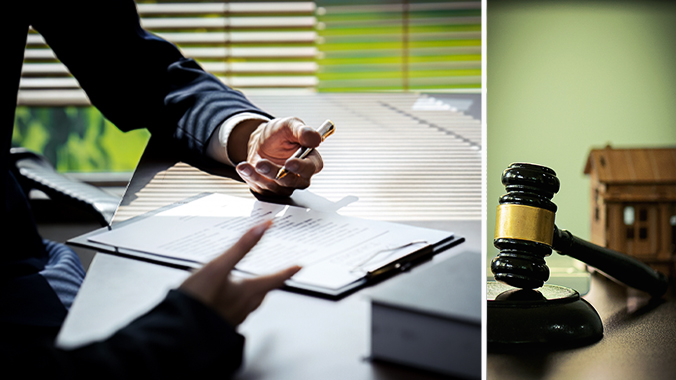
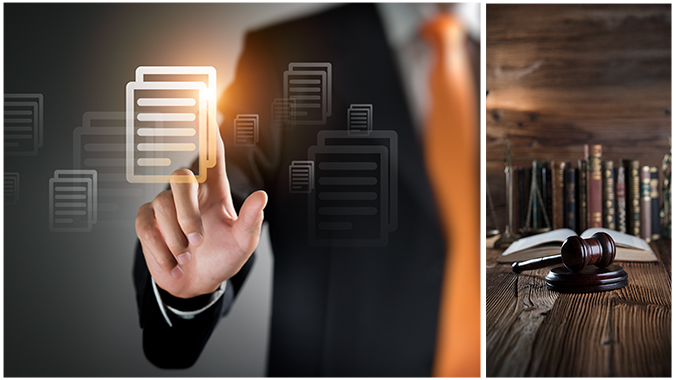





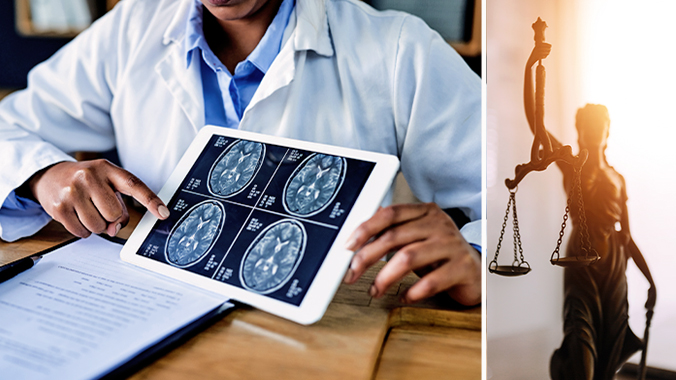
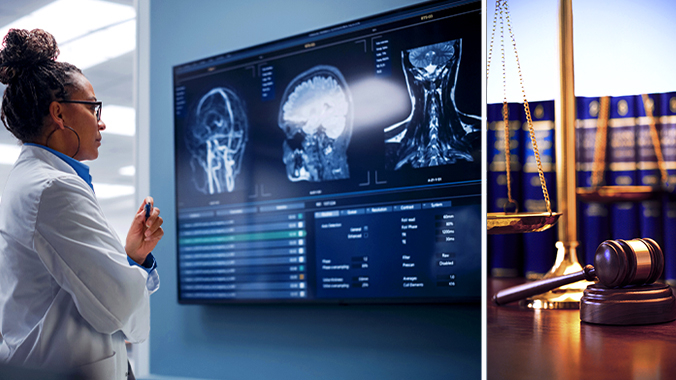
Upcoming CLE Webinars


